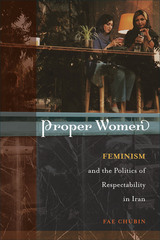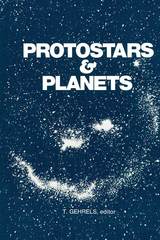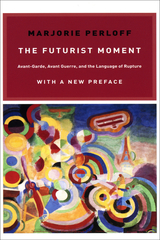
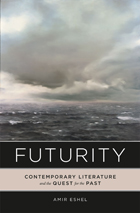
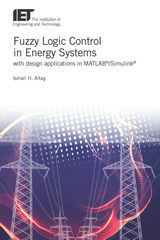

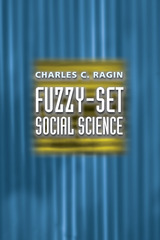
Ragin argues that fuzzy sets allow a far richer dialogue between ideas and evidence in social research than previously possible. They let quantitative researchers abandon "homogenizing assumptions" about cases and causes, they extend diversity-oriented research strategies, and they provide a powerful connection between theory and data analysis. Most important, fuzzy sets can be carefully tailored to fit evolving theoretical concepts, sharpening quantitative tools with in-depth knowledge gained through qualitative, case-oriented inquiry. This book will revolutionize research methods not only in sociology, political science, and anthropology but in any field of inquiry dealing with complex patterns of causation.
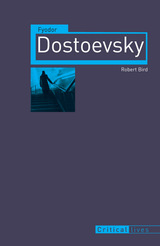
Crime and Punishment, The Brothers Karamazov, Demons, The Idiot—the complex and prolific Fyodor Dostoevsky (1821–81) is responsible for some of our greatest literary works and most fascinating characters. Praised by the likes of Ernest Hemingway, James Joyce, and Virginia Woolf, he is also acknowledged by critics to be a preeminent writer of psychological fiction and a precursor of the twentieth-century existentialism. Set in the troubled political and social world of nineteenth-century Russia, Dostoevsky’s stories were shaped by the great suffering and difficult life the author himself experienced. Robert Bird explores these influences in this new biography of the prominent Russian author.
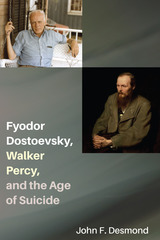
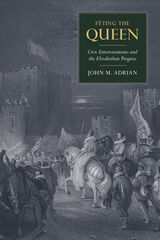
While previous scholars have studied Elizabeth I and her visits to the homes of influential courtiers, Fêting the Queen places a new emphasis on the civic communities that hosted the monarch and their efforts to secure much needed support. Case studies of the cities of Oxford, Canterbury, Sandwich, Bristol, Worcester, and Norwich focus on the concepts of hospitality and space—including the intimate details of the built environment.
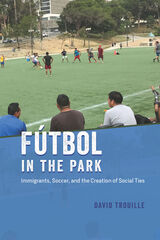
READERS
Browse our collection.
PUBLISHERS
See BiblioVault's publisher services.
STUDENT SERVICES
Files for college accessibility offices.
UChicago Accessibility Resources
home | accessibility | search | about | contact us
BiblioVault ® 2001 - 2024
The University of Chicago Press


